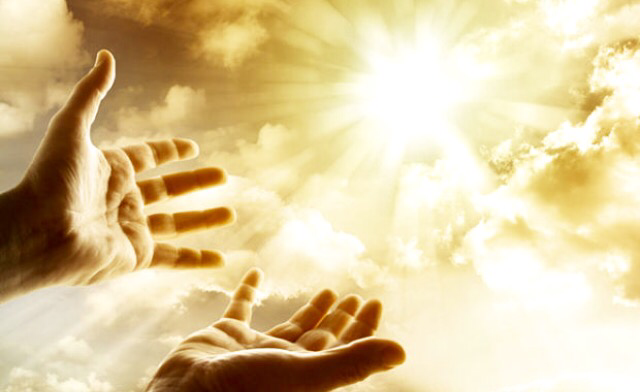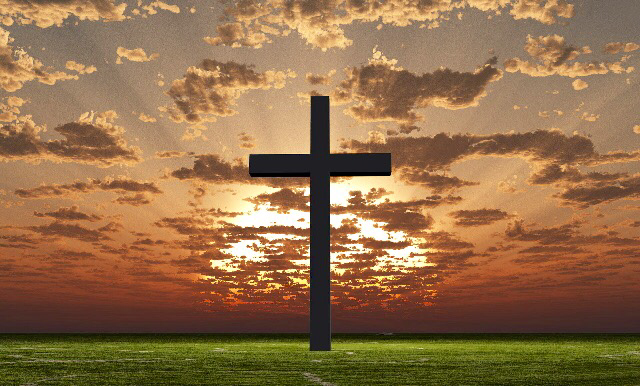Roles Of Volunteer Clergy At Area Hospitals As Pastoral Care Staff Members…
Most consumers and patients don’t realize that members of the clergy on site at area hospitals are not employed by the hospital because we are volunteers. Often my role is as a hospice clergy to offer comfort to families during the window of passing for the patient and occasionally for the patient if they have no affiliation with a church.
 Many members of the clergy have very little time based on their activities, schedules and invitations. I’ve had late night phone calls requesting that I visit with a survivor on short notice and I’ve had requests to officiate at funerals when the deceased did not belong to a church or the family had very little money for funeral flowers. Seven years after donating silk arrangements to funeral homes- I continue to donate arrangements that are used again and again by families who have no money for flowers.
Many members of the clergy have very little time based on their activities, schedules and invitations. I’ve had late night phone calls requesting that I visit with a survivor on short notice and I’ve had requests to officiate at funerals when the deceased did not belong to a church or the family had very little money for funeral flowers. Seven years after donating silk arrangements to funeral homes- I continue to donate arrangements that are used again and again by families who have no money for flowers.
 If you recognize the end is near- it’s not unusual for someone facing death to seek out Religion when needing something to give them peace and faith.
If you recognize the end is near- it’s not unusual for someone facing death to seek out Religion when needing something to give them peace and faith.
Hospice chaplains are professional clergy who are well versed in the spiritual needs of both patients and families going through the end of life experience. If desired by the patient, they provide support based on the patient’s personal beliefs, no matter what the religion and can serve as a link to a faith based community.
The truth is that no two visits are alike. Some patients are fearful of whether or not they will go to Heaven and others are fearful of death itself.
 After receiving a phone call last night regarding the Dallas shooting, I turned on the news since I’m on call at Baylor Hospital. Shocked like many others, I volunteered to drive to Dallas and assist if necessary for grief counseling.
After receiving a phone call last night regarding the Dallas shooting, I turned on the news since I’m on call at Baylor Hospital. Shocked like many others, I volunteered to drive to Dallas and assist if necessary for grief counseling.
Bereavement following a death is part of a normal process and often involves mental, physical, social or emotional reactions. Mental reactions can include anger, guilt, anxiety, sadness and despair. Physical reactions can include sleeping problems, changing in appetite, physical problems and illness.
How long bereavement lasts can depend on how close you were to the person who died. If the persons death was expected, often the survivors have had an opportunity to prepare themselves but, unexpected or accidental deaths are often far more debilitating to the survivors.
Each of us takes our own journey through grief and healing. Allowing yourself to open up to the idea that not every person deals with the loss of a loved one the same way will help you through the process. Each of us take our own journey through grief and healing. As there are many cultural and or religious practices supported in communities to help those facing loss, understand that there is no “one way” or “one plan” that can work for everybody.
Grief is a normal and expected reaction to loss. The grieving process is individualized; there is no right or wrong way to grieve. Each person grieves their own way. The first year of bereavement is often the most difficult as the bereaved experiences the “year of firsts” such as the first holiday, first anniversary, etc. without tjer loved one.
The tasks of the grieving process involve- accepting the reality of the loss, working through the pain or grief, adjusting to an environment where the deceased is missing, emotionally relocating the deceased and moving on with life.
Family members are often bewildered at the time of death and may need to be gently guided in the decision making process. I try to listen as the family reminisce about the deceased patient and facilitate religious or spiritual rituals and allow the family to help with the care of the body while allowing them to be present with the body as long as they wish.
The results of the shooting last night left several officers dead and while this tragedy has affected many families, news channels continue to re-hash what happened which only contributes to grief the surviving family members are experiencing.
Since I was raised to respect police officers and military members, it seems incredible that something like this could happen in a city that my family and I often visit. Many of my family members are active or retired military and several are volunteer firefighters and rescue workers.
My twin sister and I were in California during the Watts Riots and like everyone else, afraid to leave the safety of our homes. Fear and grief for the community during a time of tragedy was something that neither of us will ever forget.
If you know someone who was affected by last nights horrific events- reach out to them and be patient with families who are too stunned to make funeral arrangements on their own and understand the stages of grief involved.
Wendy M Wortham

